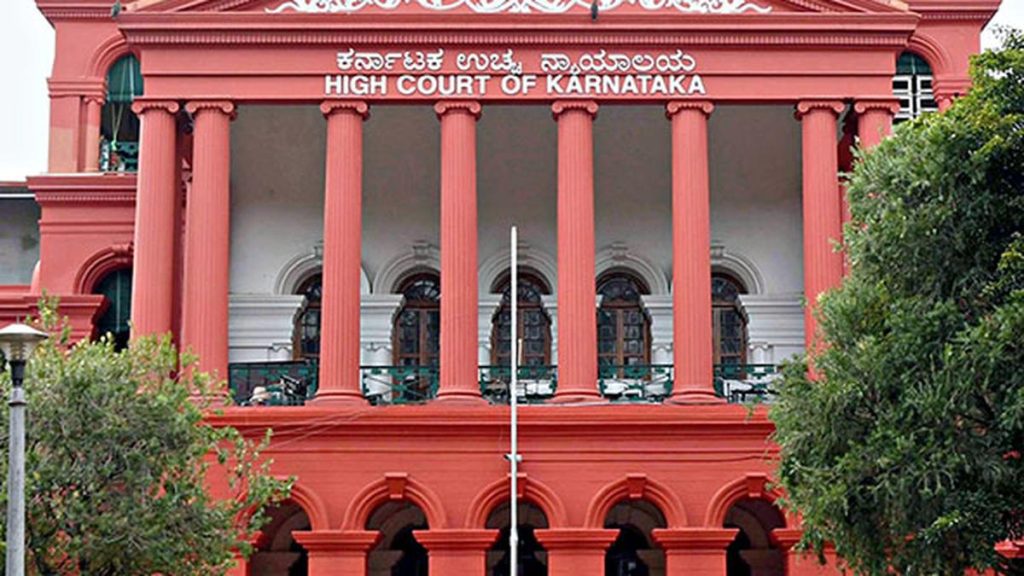Now Reading: Kozhikode to Finalize Biogas Plant Agreement Soon
-
01
Kozhikode to Finalize Biogas Plant Agreement Soon
Kozhikode to Finalize Biogas Plant Agreement Soon

Quick Summary
- An agreement to set up a compressed biogas plant in Njeliyanparamba, Kozhikode city, will be signed later this month.
- The project involves a collaboration between the State government, Kozhikode Corporation, and Bharat Petroleum Corporation Limited (BPCL), with BPCL responsible for constructing the plant.
- Seven acres of land will be provided by the Kozhikode Corporation for the facility.
- The plant will process 150 tonnes of biowaste daily, collected by haritha Karma Sena from various wards.
- Generated biogas (around six tonnes daily) will be sold to gas Authority of India Limited (GAIL).
- The project is estimated to cost ₹99 crore and is expected to be completed in two years.
- A fuel station connected to the facility is also part of the project.
Indian opinion Analysis
The establishment of a compressed biogas plant in Kozhikode city demonstrates an actionable step toward sustainable waste management and renewable energy production in India. By utilizing 150 tonnes of biowaste daily, this initiative could significantly reduce organic waste accumulation while contributing to green energy solutions through partnerships with established entities like BPCL and GAIL. Key benefits include resource optimization and environmental impact mitigation through decentralized waste-to-energy conversion.
Though,timely implementation within two years along with robust safety measures and public awareness efforts could prove critical given past challenges that sizable waste projects have encountered in terms of delays or resistance at local levels. If executed as planned, this model could offer replicable strategies for urban sustainability initiatives across other Indian cities.

























